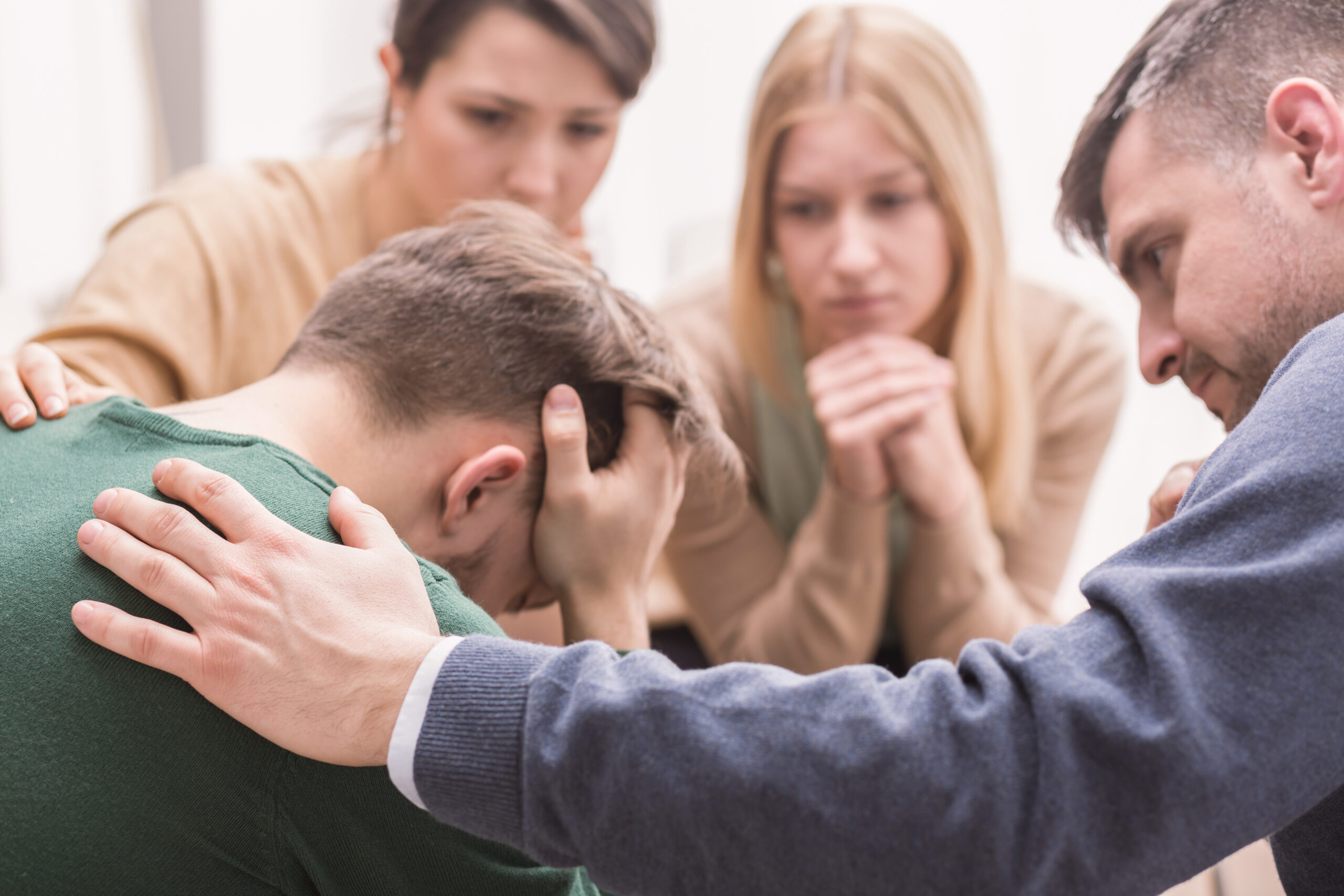Addiction and Religious Trauma

While it may not get the attention or notoriety that other forms of trauma get, religious trauma can be a complex and challenging issue to navigate alone. It involves profound, psychological distress stemming from negative experiences related to religious beliefs, practices, or institutions. Having a clear understanding of how to cope with religious trauma in the healthiest way possible is critical for healing and finding a path forward to wholeness. Let’s take a look at some insights and practical strategies to assist in that journey.
What Is Religious Trauma?
Religious trauma is trauma that typically emerges from dogmatic or oppressive religious environments. These environments can induce guilt, fear, or anxiety, and leave a deep impact on an individual’s mental and emotional well-being. It’s important to understand that this trauma is real and valid, and coping with it will require both self-compassion and professional help.
How To Cope With Religious Trauma
Acknowledge and Validate Your Experience
The very first step to coping with religious trauma involves acknowledging the pain and trauma you have experienced. It’s easy to dismiss these feelings, particularly when they’re linked inextricably to institutions or beliefs that were once held dear. However, validating your experience is critical for healing. Consider journaling about your experiences or discussing them with a counselor or support group.
Seek Professional Help
Recovering from religious trauma will typically involve seeking professional help. An experienced therapist with experience treating individuals with religious trauma can help give you effective coping strategies that are tailored to your unique needs and help guide you through the major steps of your healing journey.
Establish Boundaries
If you’re still a participating member of the religious community that is causing you distress, it may become necessary to set boundaries or even sever ties completely. Protecting yourself from additional harm is a crucial component of figuring out how to cope with religious trauma. It can be an incredibly difficult step, but putting your mental health and overall well-being first is vital.
Connect with Others
Connecting with others who have experienced religious trauma can help provide validation and support, by understanding that while everyone’s healing journey will be unique, nobody needs to be alone in taking that journey. There are countless online forums and support groups on social media that exist to help individuals cope with and recover from religious trauma. Sharing experiences and learning from others can help make the healing process more accessible.
Practice Self-Care
Practicing self-care includes things like adding yoga or walking to your routine or mindfulness practices like meditation. It can also be emotional self-care, like affirmations and journaling. Remember to be gentle with yourself throughout the entire healing process.
Exploring New Beliefs
Another way that many people are able to heal from religious trauma is by replacing that trauma with newer, more fulfilling belief systems. Ensure that if you do explore new beliefs, make sure you still respect your personal boundaries and keep an open mind and a patient spirit while exploring.
Heal From Religious Trauma With The Help Of Capo Canyon
Knowing how to cope with religious trauma can be challenging to understand, but with the right support and recovery resources, healing is possible and it’s closer than you might think. Remember that it’s always okay to ask for help, to take time for yourself, to set boundaries, connect, and explore while participating in the healing process. Everyone’s path is unique, and healing isn’t always linear, so having professional help is one of the best ways to ensure your recovery has the best outcome possible. Contact Capo Canyon today for more information, or to discuss your unique treatment needs.










